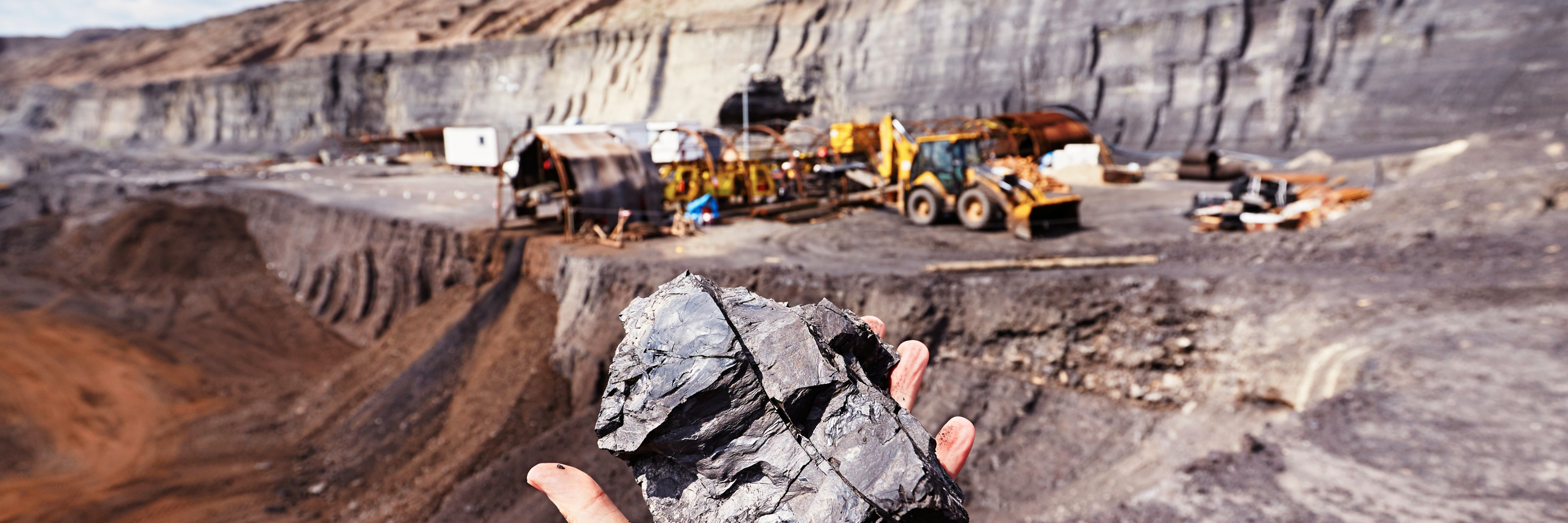Page
Power privatisations have made energy policy harder
Power privatisations have made energy policy harder
With the cost of living a key issue for voters, and a state election approaching, the NSW Government recently decided upon a sudden market intervention. A price cap was imposed on all coal sold to NSW power stations in an attempt to reduce power bills.
Whether this coal price cap reduces electricity prices remains to be seen. Global coal prices were already falling before the cap, yet power bills are still set to increase by 20 percent or more this year. What is clear is that such dramatic market interventions are risky, and more likely to fail when done haphazardly, and with little to no warning or consultation.
History suggests almost every government market intervention creates unintended consequences, leading to further government interventions. The NSW Government’s coal market intervention has proven no different.
Originally intended to apply only to domestic coal producers, it was quickly extended to companies not previously part of the domestic market. And while it sounds like a simple policy, the compliance and reporting requirements are ridiculously complicated and onerous, with a team of bureaucrats now needed for monitoring and enforcement. It’s a strange approach from a NSW Government that once promised to reduce the size of the public service, and to cut red tape for business.
Other potential impacts include disruptions to the rail network due to changes to delivery coal train schedules, and the need for coal mines to supply coal to power stations far away. It is hoped that coal-loaded trucks on public roads can be avoided.
The new coal cap effectively re-nationalises the supply of coal for electricity generation in NSW. Many years ago the NSW Government actually owned and operated coal mines and power stations. Back then, energy supply was regarded as a strategic public asset, but successive state governments sold them off to the private sector.
For decades, public assets like ports, airports, power stations, power poles, prisons, roads, and real estate have all been sold off by state governments. Some transactions were probably in the public interest, but there’s growing evidence that some were not.
In 2010, the previous State Labor Government sold much of the state’s coal-fired electricity generators to the private sector. One of these transactions even included a proposed new coal mine nearby to supply cheap coal. The subsequent Liberal Government continued the process, selling off much of the ‘poles and wires’ of the electricity transmission network.
Selling these energy assets has greatly reduced the NSW Government’s ability to influence energy policy, and prices. At least some public ownership remains in WA and Queensland. Those state governments have more options, as their direct ownership gives them greater control over energy supply and power prices. For example, they can choose to forgo some revenue in exchange for lower household electricity bills.
Similarly, AGL’s Liddell Power Station will close in a few months, and Origin Energy’s Eraring Power Station will close in a few years. Both were previously owned by the NSW Government but were sold off, and can now be closed at the discretion of their private owners. Energy regulators have repeatedly warned of the risk of blackouts when this happens, and issued another warning in recent days. These planned closures may suit private commercial interests, but are they in the public interest?
With the election approaching, Labor Leader Chris Minns has pledged to stop any further privatisations, and to create a new state-owned energy corporation. While Mr Minns may not be seeking to get back into the power station business, he does seem to understand that state ownership of electricity assets might actually deliver better energy policy outcomes than what we have endured over the last decade.
Stephen Galilee
CEO, NSW Minerals Council

